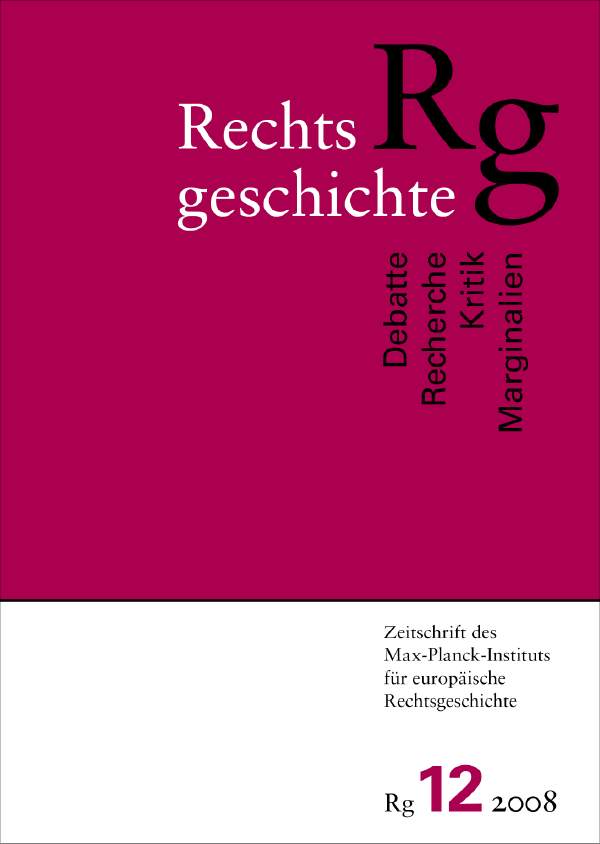Klassen-Grenzen: Migrationskontrolle im 19. Jahrhundert
DOI:
https://doi.org/10.12946/rg12/125-138Abstract
On the basis of an analysis of the legislation passed to control migration, passport formats and the practice of frontier controls, this paper argues that social rank – often directly tied to class of travel – remained a crucial category for migration control even in the liberal, bourgeois nineteenth century. It could rival nationality, ethnicity, or religion as a basis of inclusion or exclusion at borders. Even the First World War did not lead to a complete triumph of nationality or race over rank as a focus of migration control policies; some traditions established before 1914 continued into the twentieth century.
Downloads
Published
How to Cite
Issue
Section
License
Copyright (c) 2008 Author

This work is licensed under a Creative Commons Attribution-NonCommercial-NoDerivatives 3.0 Unported License.





